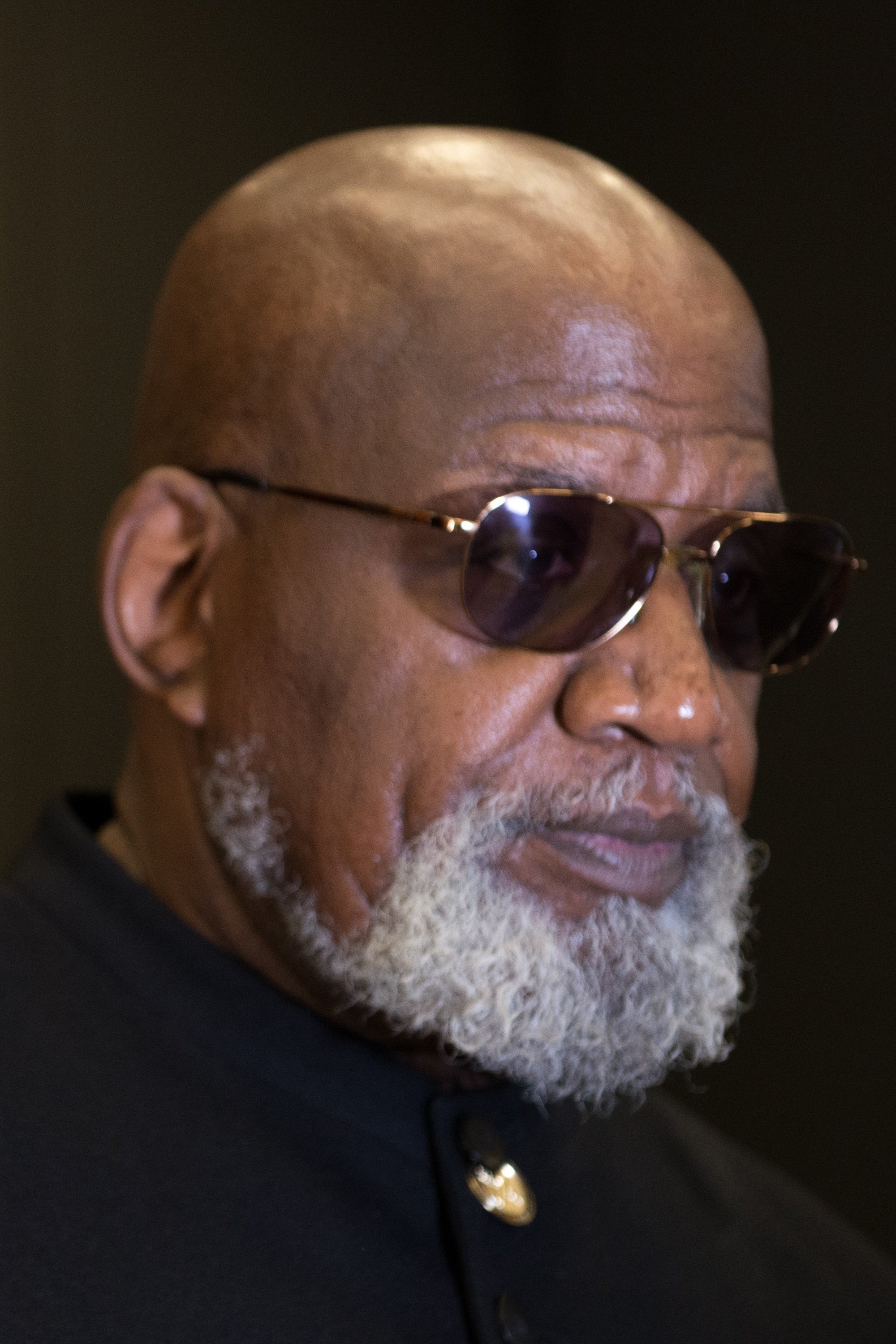
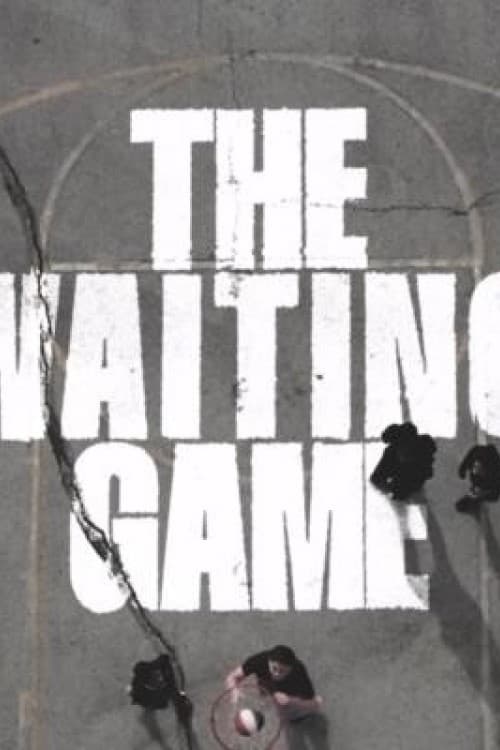
An incredible story of the ABA players who created much of what the billion dollar NBA is today–the 3-point shot, slam dunk contest, fashion and culture innovators–are forgotten in a business deal gone bad. A tiny not-for-profit fights back in this David vs. Goliath film.
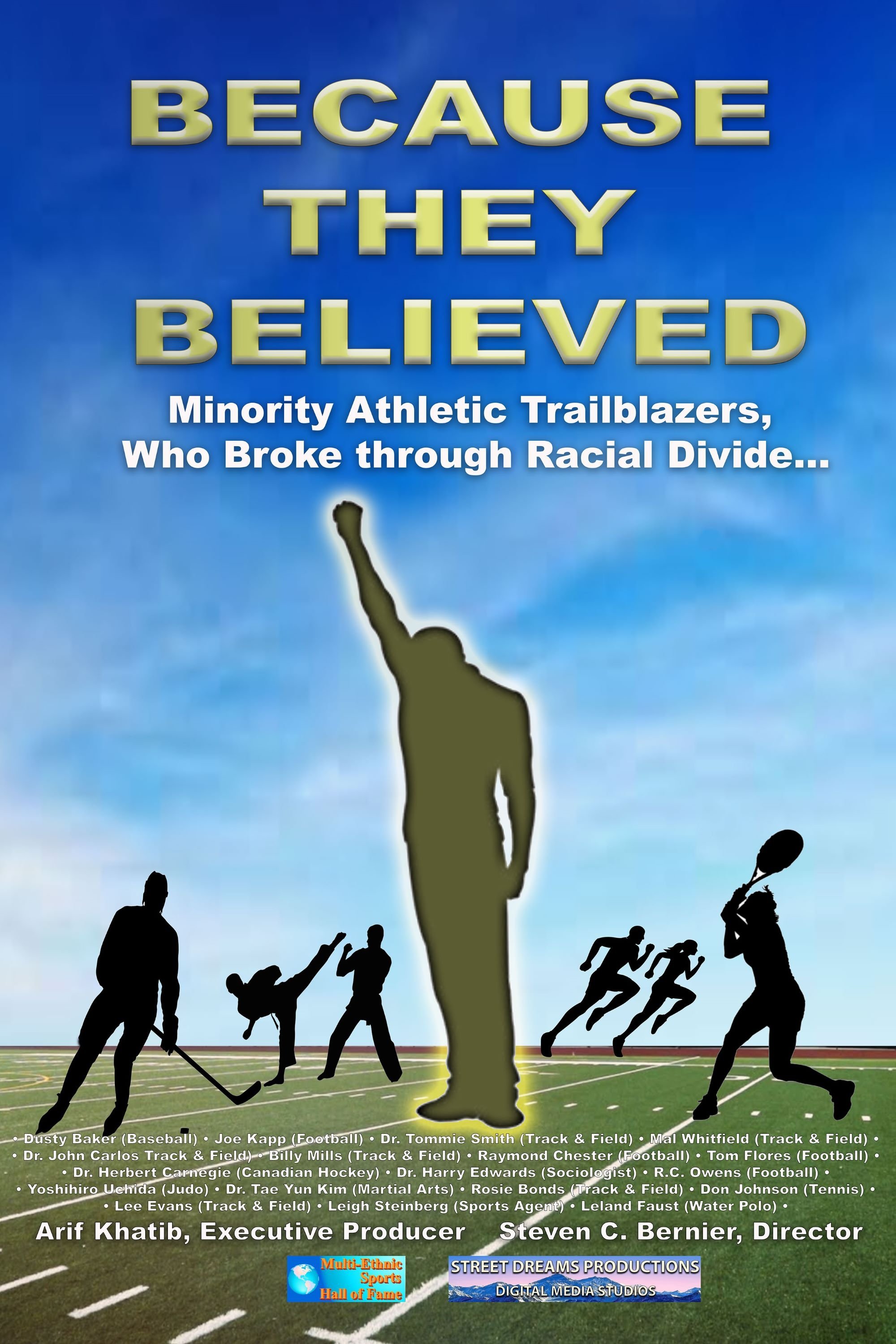
Documentary containing interviews of athletic trailblazers that were the first to break through racial barriers to participate in professional sports.
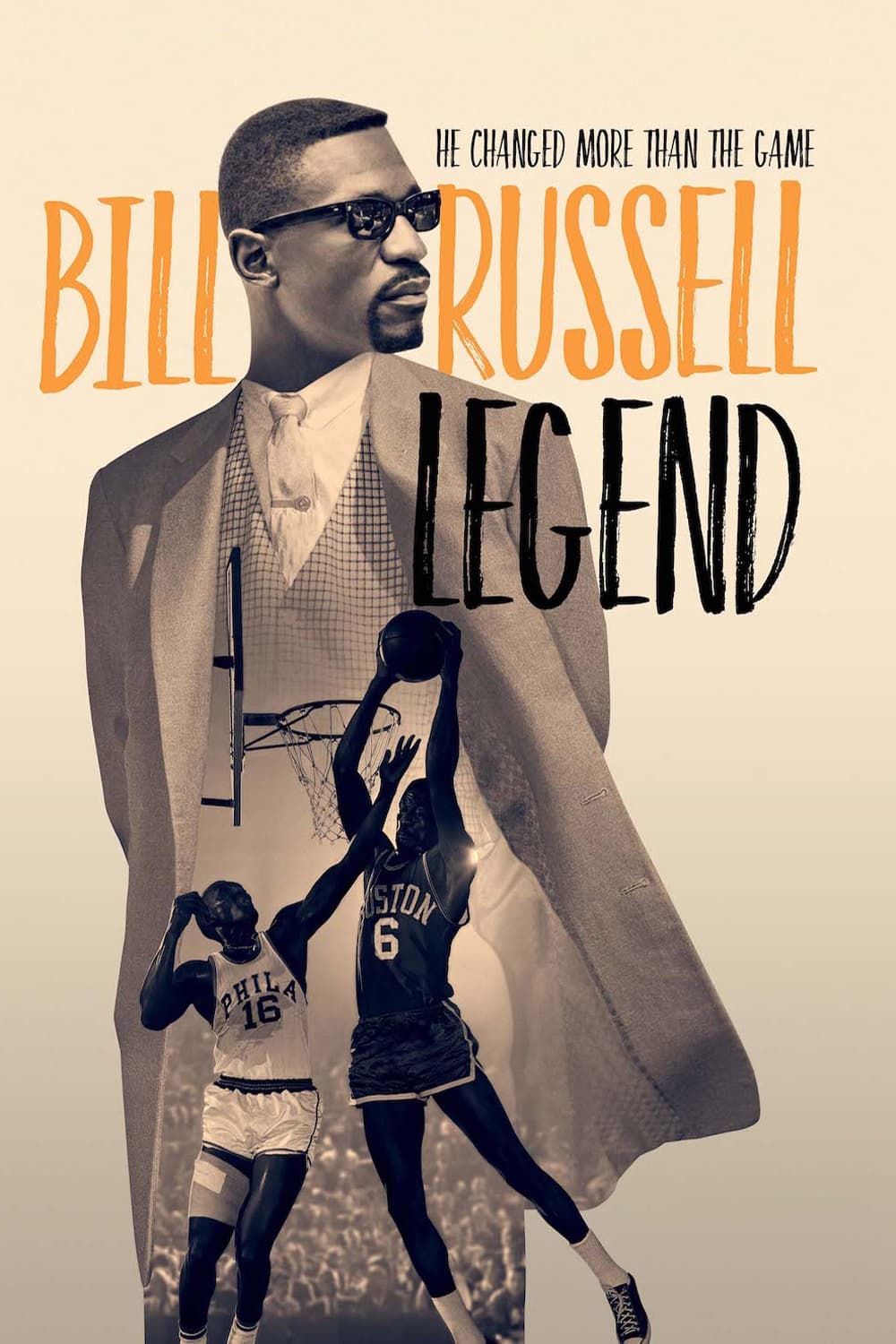
Winningest NBA champion and civil rights icon Bill Russell builds a larger-than-life legacy on and off the court in this biographical documentary.
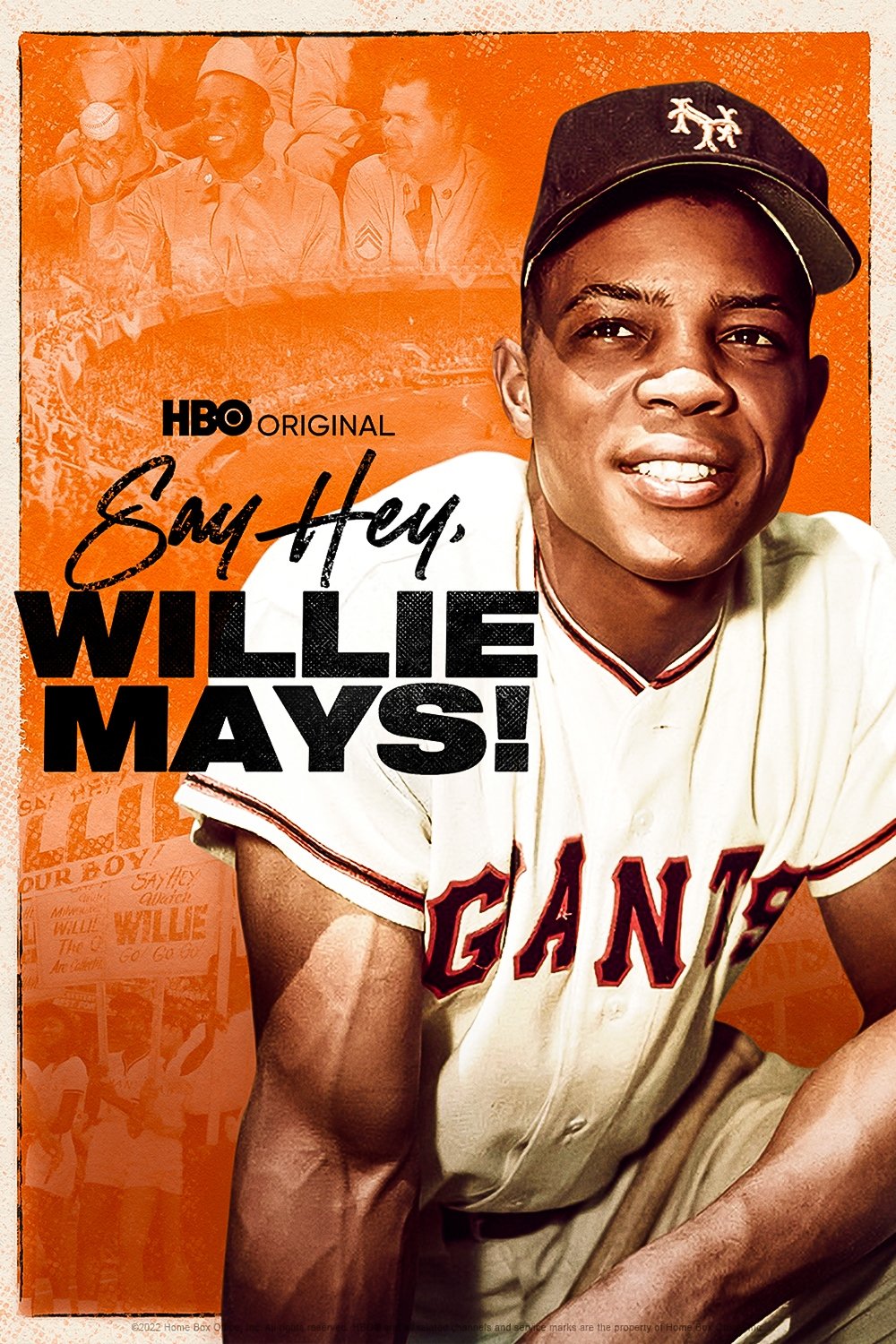
Follow Willie Mays’ life both on and off the field over five decades as he navigated the American sports landscape and the country’s ever-evolving cultural backdrop, all while helping to define what it means to be one of America’s first Black sports superstars. He left an indelible mark in New York City and San Francisco, building a love affair with both cities’ fans.
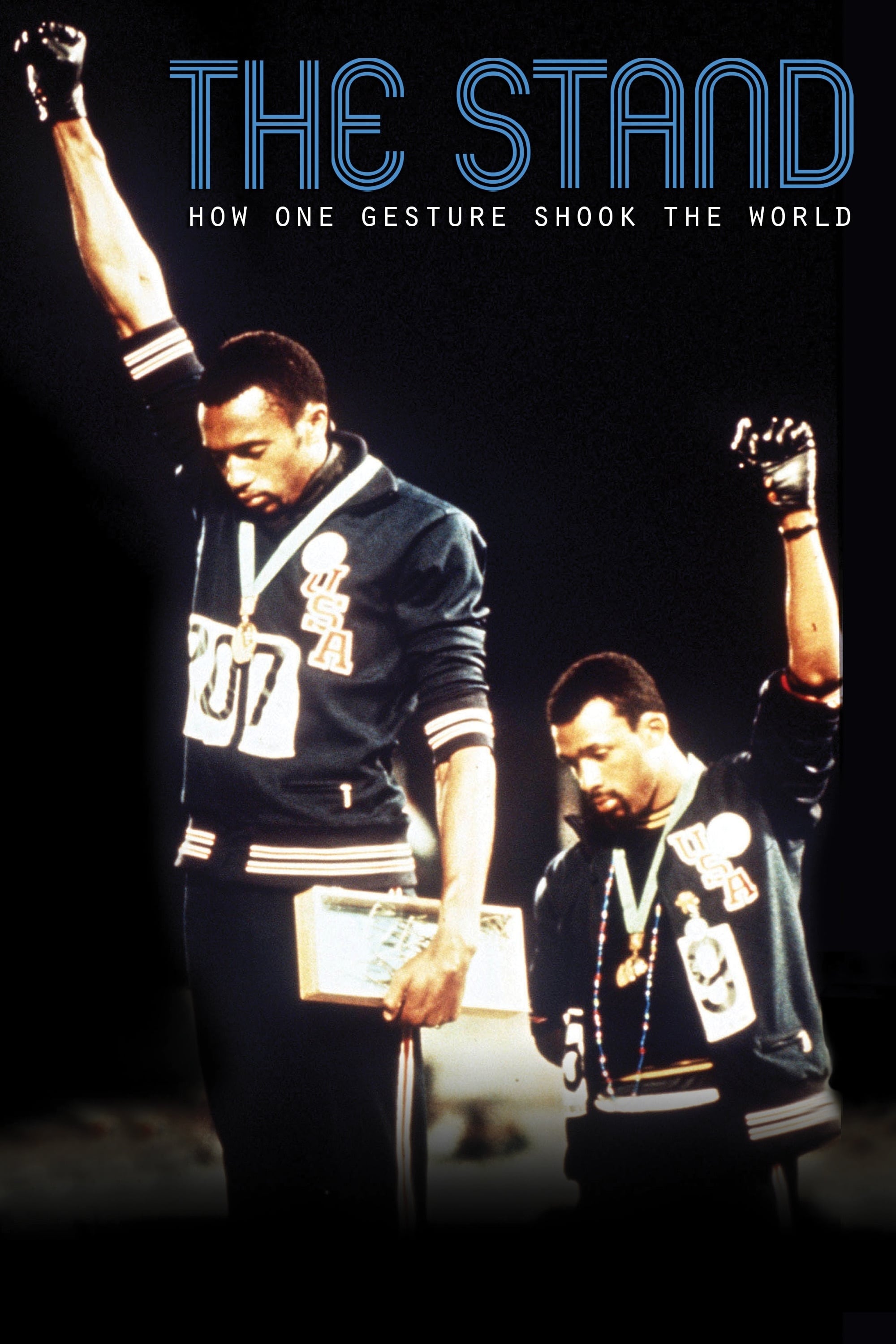
It is one of the most iconic images of our time: two African-American medal winners at the 1968 Olympics standing in silent protest with heads bowed and fists raised as “The Star Spangled Banner” is played. This documentary film is a revealing exploration into the circumstances that led runners Tommie Smith and John Carlos to that historic moment at the Mexico City Games, mining the great personal risks they took and the subsequent fallout they endured.
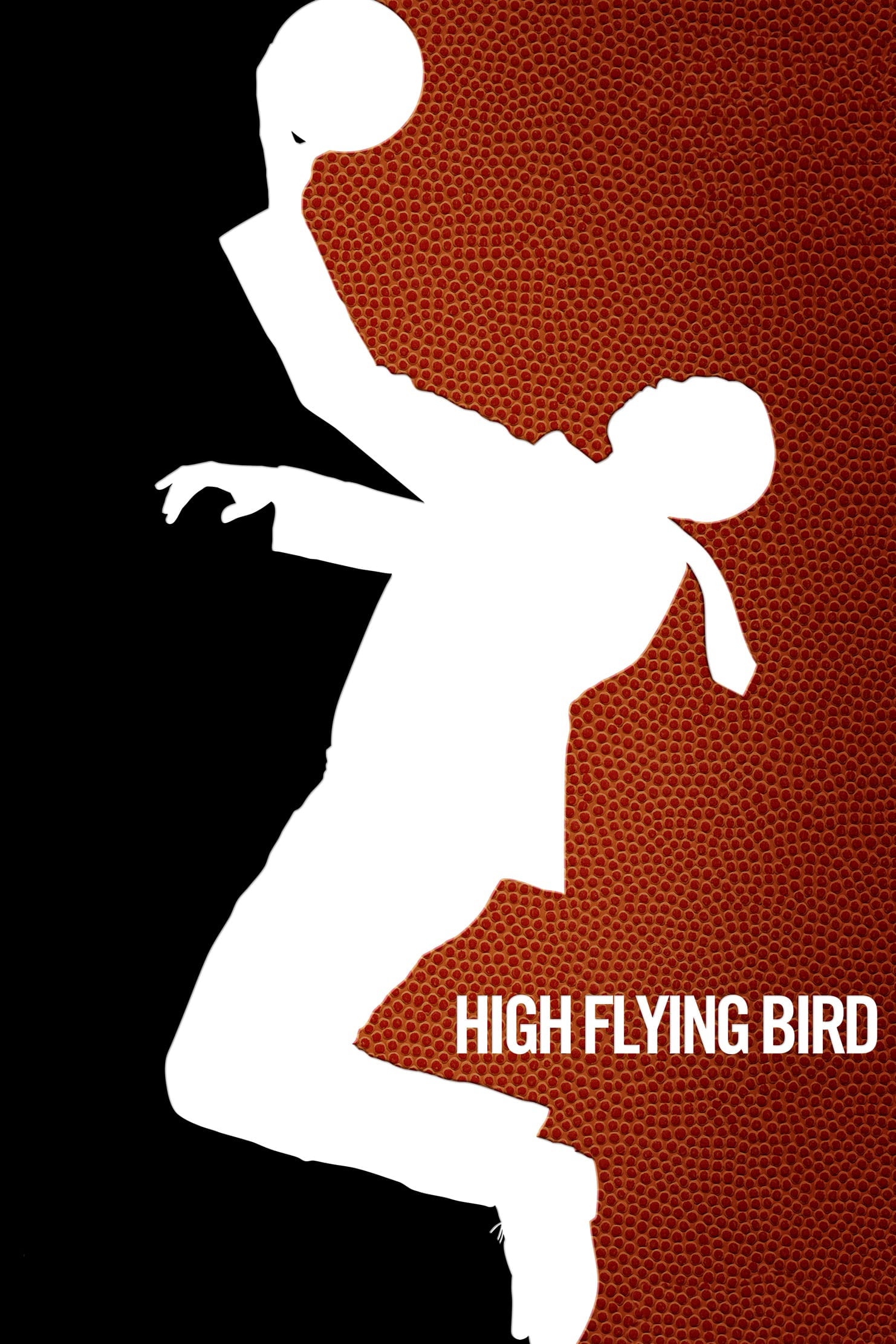
When an NBA lockout sidelines his big rookie client, an agent hatches a bold plan to save their careers -- and disrupt the league's power structure.
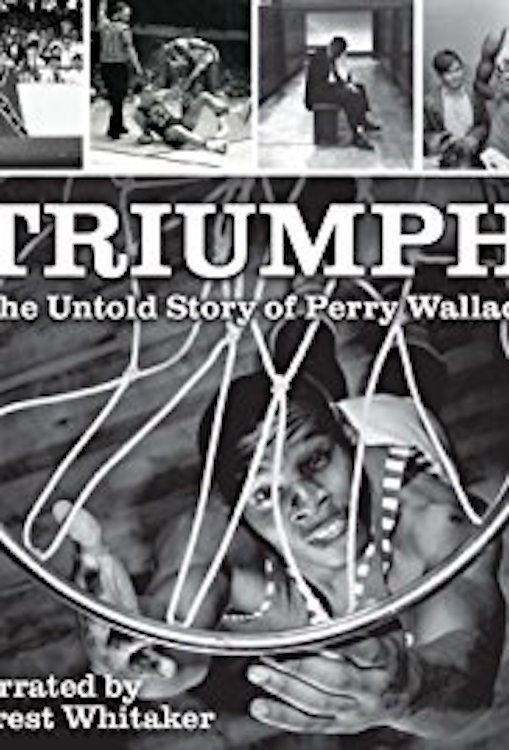
Whenever the phrase "breaking the color line" is used, there's a temptation to invoke Jackie Robinson's story. However, Perry Wallace, the first black college athlete in the Southeast Conference, was a mere teenager who stood all alone at center court in such hotbeds of rabid racism as Starkville, Mississippi and Tuscaloosa, Alabama.
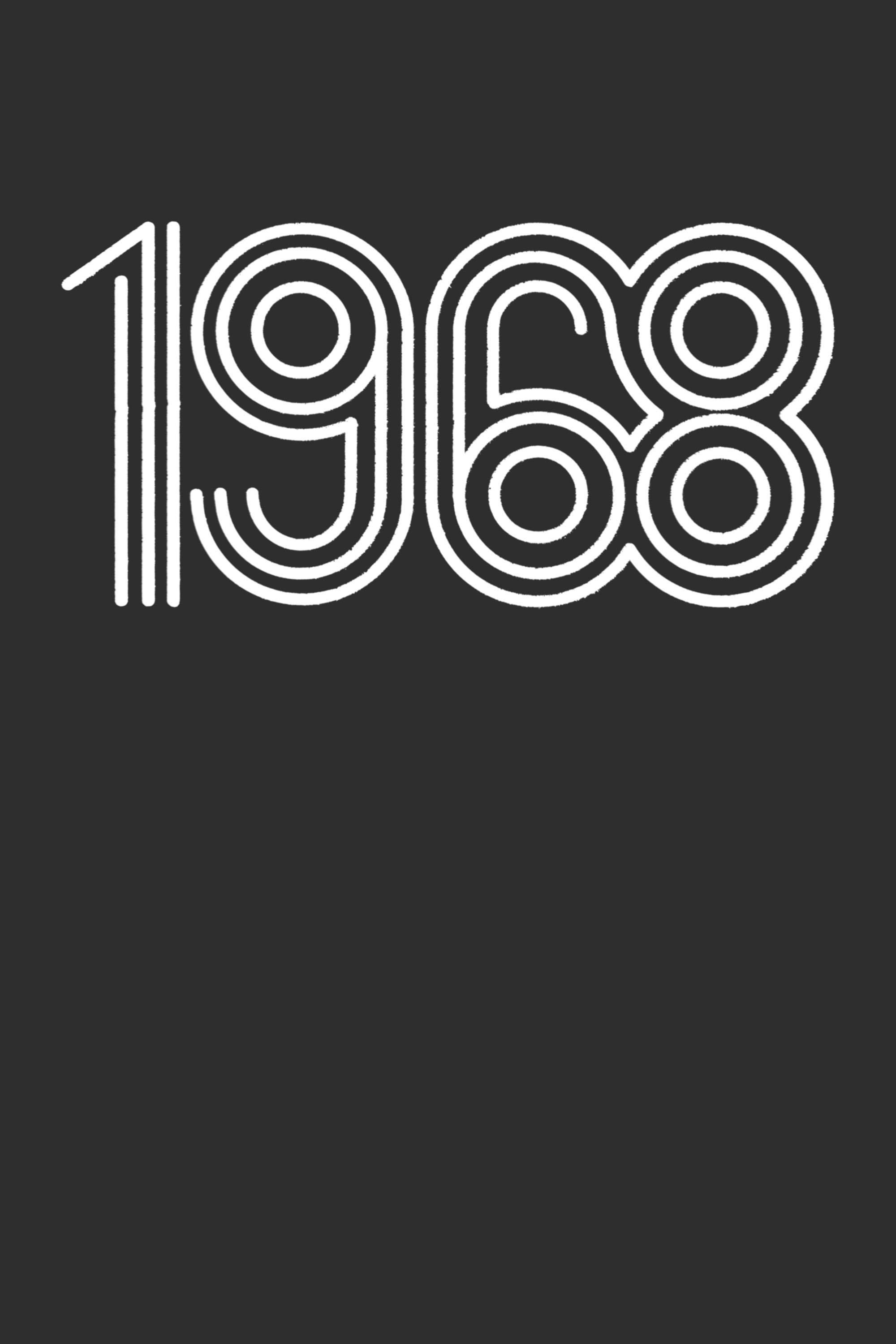
At the 1968 Mexico City Olympics, the silent protest of Tommie Smith and John Carlos changed The Games forever, becoming one of the defining images of the 20th century.
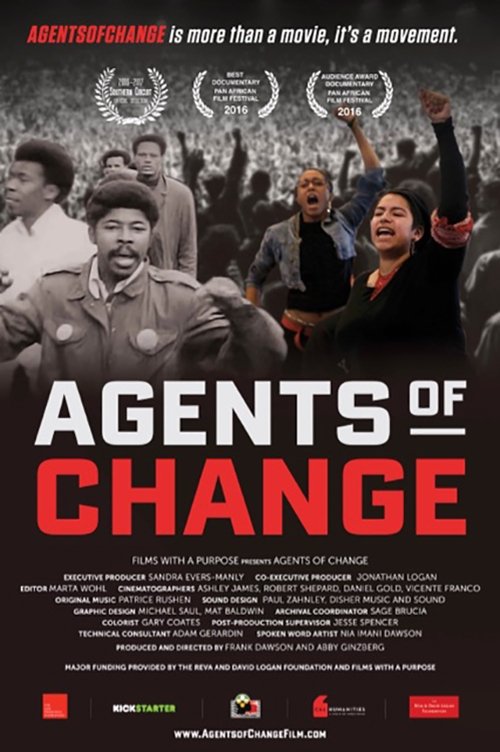
From the well-publicized events at San Francisco State in 1968 to the image of black students with guns emerging from the takeover of the student union at Cornell University in April, 1969, the struggle for a more relevant and meaningful education, including demands for black and ethnic studies programs, became a clarion call across the country in the late 1960's. Through the stories of these young men and women who were at the forefront of these efforts, Agents of Change examines the untold story of the racial conditions on college campuses and in the country that led to these protests. Agents of Change links the past to the present and the present to the past--making it not just a movie but a movement.
Harry Edwards is an American sociologist and civil rights activist. He completed his Ph.D. at Cornell University and is Professor Emeritus of Sociology at the University of California, Berkeley. Edwards' career has focused on the experiences of African-American athletes.
By browsing this website, you accept our cookies policy.